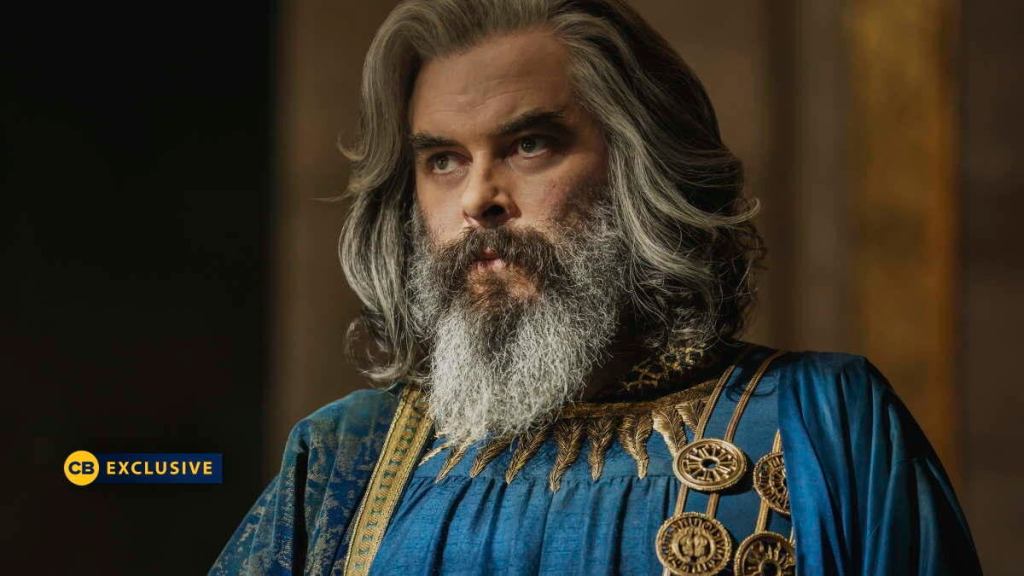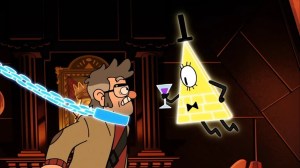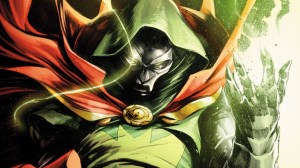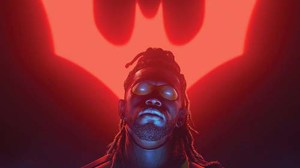Prime Video’s The Lord of the Rings: The Rings of Power will soon introduce viewers to the Second Age of Middle-earth, when the great kingdoms of elves, men, and dwarves were at their heights, including Númenor, the island kingdom of men that had fallen by the time of The Hobbit and The Lord of the Rings. Trystan Gravelle plays Pharazôn in The Rings of Power. Pharazôn will go down in Middle-earth history as the last king of Númenor, an ominous title. However, as The Rings of Power begins, Pharazôn is a great seafarer and soldier that has returned home to settle into middle age and a new position as advisor to Númenor’s queen regent.
Videos by ComicBook.com
“We see a man whose seafaring days, whose warrior days are not behind him, but he’s got to take on a different role now,” Gravelle tells ComicBook.com, speaking over the phone. “His cousin, Queen Miriel, is now the queen regent. Her father’s ill, so she’s, in his stead, ruling Númenor. And so she needs some help from her cousin, who is Pharazôn, who has the ear of all the guildsmen, who has the ear of all the people of Númenor, and so is the man to bring the island together to listen to Queen Miriel. So very much at the moment, he’s an advisor, a chancellor, and very much a public servant, and it’s not a job or a task that he is reluctant to do. He has a very, very deep love for his island and for his kingdom.”
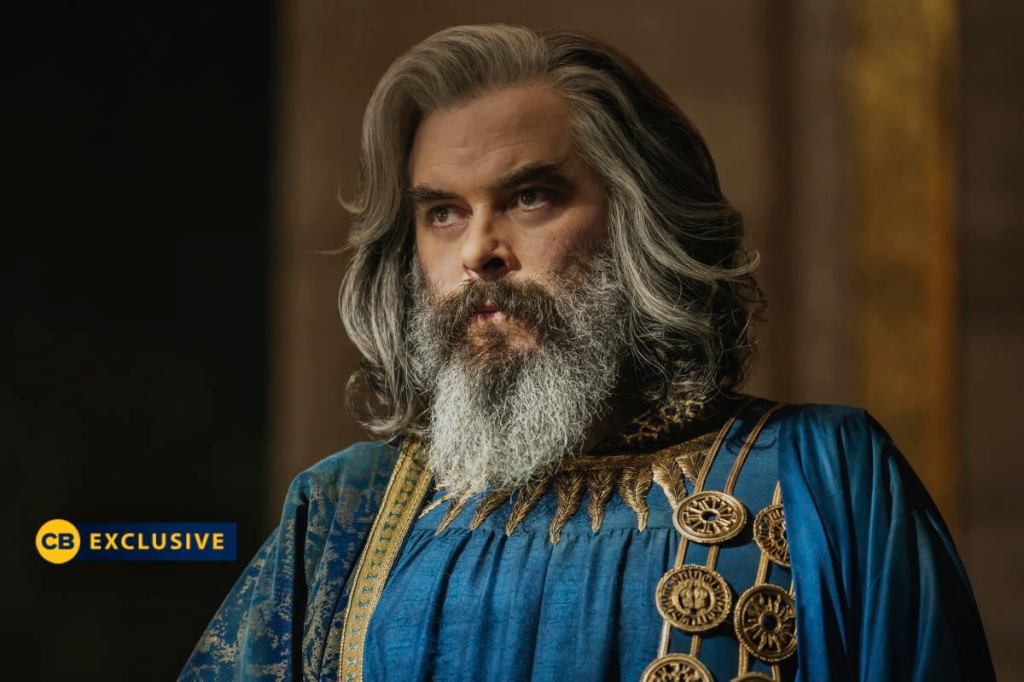
While that aptly describes Pharazôn’s official role on Númenor at this time, that isn’t his entire story. Anyone who knows his tale from J.R.R. Tolkien’s writings (we won’t spoil it for any newcomers here) might see him as a villain or a tragic figure. Gravelle thinks of the character differently.
“He’s a typical man,” Gravelle says. “We see him midlife. He’s been there, he’s done it. He could still don his armor and still lead. Those days aren’t truly behind him, but right now we see him in a different capacity. That might not be how we see him forever, but right now that’s how we see him. So when I saw the character of Pharazôn, when I read the character of Pharazôn, it is somebody who has been supremely confident but everybody has their insecurities about everything, and has their grievances with things. And so we see, I wouldn’t say flawed, I would just say your typical man.”
There are certain divisions in Númenor’s society. The Ban of the Valar hangs over the nation. The decree forbids the Númenoreans from sailing far enough west that they can no longer see their home island, thus preventing them from traveling to the Undying Lands. A faction of the Númenoreans called the Faithful remain obedient to the Valar (powerful being that shaped Middle-earth) and their decree. However, other Númenoreans, including Pharazôn, chafe at the restrictions as the nation seeks new challenges to conquer during peacetime.
“Every relationship, every community, every society, it could be like a powder keg, and it could go off at any moment,” Gravelle says. “And he’s well aware of these things. And coupled with the Ban of the Valar, the gift of men that the Faithful believe in, he’s more skeptical about that and going, ‘Well, why can’t we live forever? Why can’t we travel here? Why can’t we do this? Are we just second-class visitors then, to this earth that we live on?’ And there are a few existential questions that need answering.”
He goes on to explain, “If you live forever, you can afford to spit the wine out into the spittoon. If you’re not going to live forever, you might want to just swallow that wine. So maybe there is less of a respect for nature, and that’s why you hew from the rock, these great statues that we see in Númenor. Then you are like, ‘Look what we’re capable of. We’re not here for as long a time as elves, but look at what we’re capable of, look at what we can do. We are going to create these statues because we are not here forever.’ And that is very much in the back of everybody’s mind in Númenor, and I think Pharazôn. more so than anybody else, I think he does typify that.”
To portray Pharazôn, Gravelle says he had to consider why people do certain things. Ultimately, well-meaning justifications can lead down a slippery slope.
“Looking at the micro and macro of any situation is vital,” he says. “And some people can lose perspective of the macro or they can lose perspective of the micro, and then all of a sudden, altruism can creep in, in a very bad way. And all of a sudden you’re doing things for the greater good. And at first, that’s fine, because it’s for the greater good, but then how far is too far?”
The Lord of the Rings: The Rings of Power debuts on Prime Video on September 2nd.

